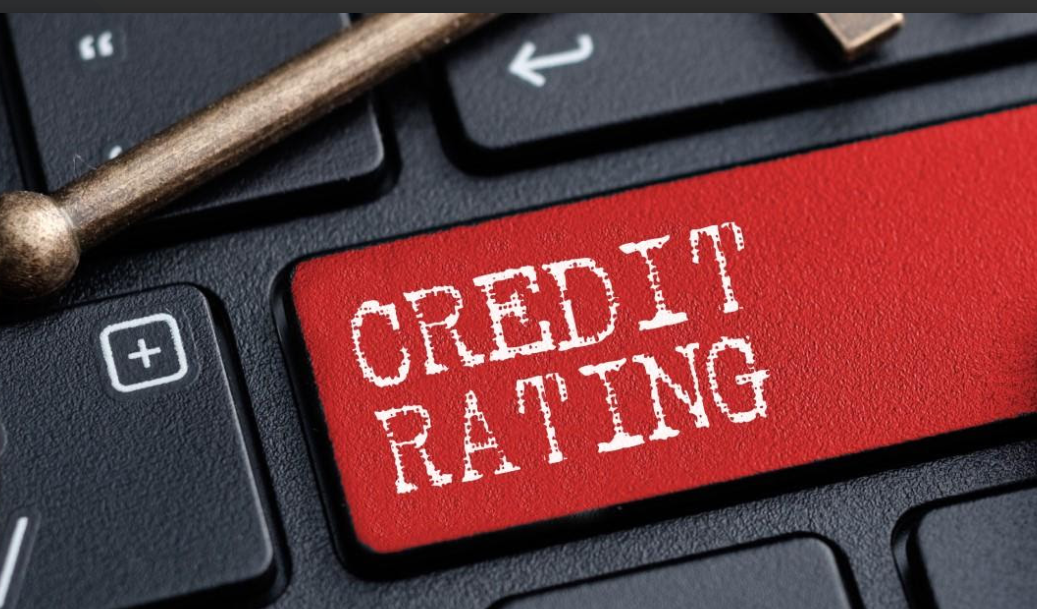By Africa Risk Control,NBE
Copyright newbusinessethiopia

By Africa Risk Control West Africa Desk: Ghana, located in West Africa along the Gulf of Guinea, has a population of approximately 34 million and a GDP of around $90 billion (2024 estimate). Known for its political stability and relatively strong governance, Ghana has consistently been one of Africa’s most attractive destinations for foreign investment.
The economy is diversified, with major contributions from agriculture (~20%), services (~50%), and industry (~30%). Key sectors driving growth include energy, financial services, ICT, and construction. The government has implemented economic reforms to improve ease of doing business, modernize the financial sector, and expand renewable energy, making Ghana a prime destination for investors seeking opportunities in West Africa. Understanding Ghana’s regulatory environment, sector-specific opportunities, and the major players is critical for successful market entry.
Regulatory Landscape
Foreign investors in Ghana should be aware of several key regulatory aspects:
Company Registration: The Registrar General’s Department oversees company incorporation. Investors can establish a limited liability company, branch, or joint venture. The process has been streamlined for faster registration.
Licensing and Permits: Specific sectors such as energy, banking, and telecommunications require sector-specific licenses from regulatory authorities including the Energy Commission and Bank of Ghana.
Tax Incentives: Ghana provides tax holidays, exemptions, and preferential tariffs for companies in strategic sectors like energy, manufacturing, and financial services.
Compliance Considerations: Investors must comply with labor laws, environmental standards, and foreign ownership regulations.
Key Investment Opportunities
Financial Sector
The financial sector in Ghana has experienced steady growth, driven by digital banking adoption, increased consumer credit, and government-led financial inclusion initiatives. With mobile banking penetration rising and fintech startups entering the market, there are opportunities in digital payments, banking technology solutions, insurance, and lending services.
– Contribution to GDP: ~10–12%
Major Players:
Ghana Commercial Bank, Ecobank Ghana, Stanbic Bank Ghana, CAL Bank, Energy Sector
Ghana’s energy sector remains a strategic investment hotspot, particularly in renewable energy (solar, wind, hydro) and natural gas supply. The government has introduced policies to expand electricity access and improve distribution efficiency. Opportunities exist for companies providing energy infrastructure, project development, and clean energy solutions.
– Contribution to GDP: ~6–7%
Major Players:
Volta River Authority (VRA), Ghana Grid Company (GRIDCo), Bui Power Authority, and Ghana National Petroleum Corporation (GNPC)
Other Key Sectors
While the article focuses on financial and energy sectors, other growing sectors offer complementary opportunities:
Construction & Real Estate: Driven by urbanization and infrastructure development.
Major Players: Regimanuel Gray, Trasacco Group
ICT & Telecommunications: Expansion of broadband, mobile services, and fintech innovation.
Major Players: MTN Ghana, Vodafone Ghana
Agriculture & Agro-processing: Cocoa, cassava, and processed foods are key contributors.
Major Players: Cargill Ghana, Olam Ghana
Risks & Challenges
Investors should consider potential risks when entering Ghana:
Regulatory Complexity: Licensing and permits can be time-consuming.
Currency Volatility: Fluctuations in the Ghanaian cedi can affect returns.
Energy Reliability: While expanding, occasional power supply interruptions can impact businesses.
Market Competition: Both domestic and regional players compete intensely in financial services and energy sectors.
Risk Mitigation Strategies
To navigate these challenges, investors can:
– Engage local legal and due diligence experts to navigate regulations.
– Use hedging strategies to manage currency risk.
– Partner with reliable local service providers for energy and financial operations.
– Conduct market research to identify niches and reduce competitive risks.
In conclusion, Ghana’s financial and energy sectors present compelling investment opportunities, but careful planning, risk assessment, and mitigation strategies are essential. Africa Risk Control’s West Africa Desk provides comprehensive due diligence and risk advisory services, enabling investors to verify companies, assess regulatory compliance, and identify reliable local partners across Ghana and the broader West African region.
EDITOR’S NOTE: This article is contributed by the Africa Risk Control (ARC), an investigative due diligence and corporate intelligence firm. ARC is an affiliate of NewBusinessEthiopia.com and provides expert country-specific business insights, risk assessments, and advisory services across Africa. Learn more about ARC services here.